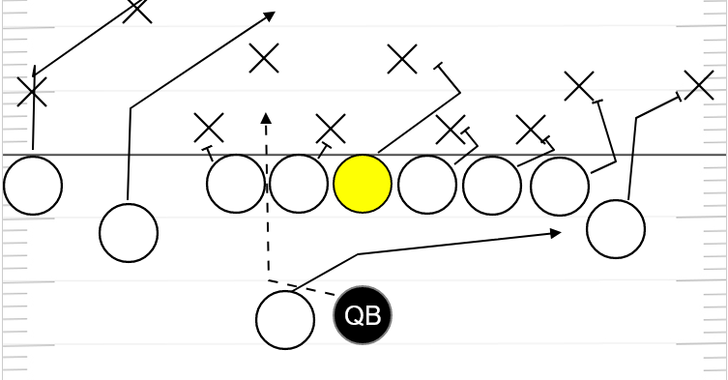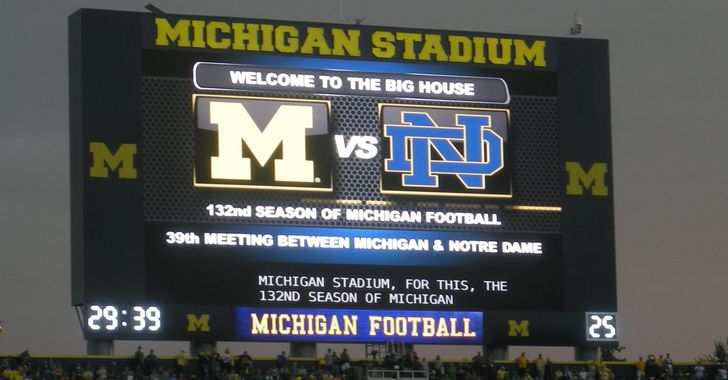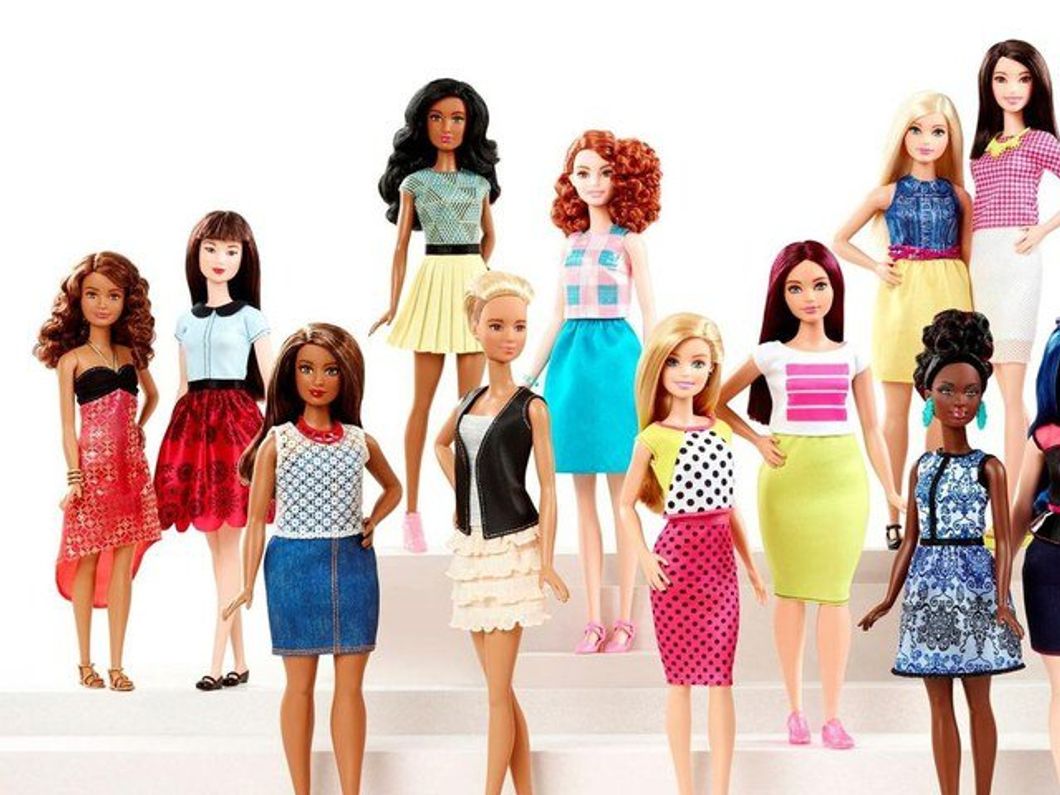Demi Lovato has been through a lot in the last decade.
Moving from a Disney Channel kid to a pop star, her world has been flipped on its head more than once. Amongst these changes, her story of substance abuse (and then recovery) occurred. Beginning in 2009, Demi's struggle with drugs and alcohol has many facets: an addicted father, an eating disorder, self-harm. All of these aspects of her life were, of course, under constant criticism from the media.
While she focused on her sobriety from 2013-2017, it looked like the hardest part of the battle was over. In 2018 she celebrated six years of sobriety and released her single "Sober." Then, on July 24, 2018, TMZ broke the news that Lovato had been rushed to the hospital for a nearly-fatal overdose.
Since that overdose in 2018, Demi has remained a story of strength, healing, and honesty. Fans have spoken up about how her journey with recovery has positively impacted their own lives, as she shared her wins and losses with the community surrounding her. While this last decade has been a tough one for her, Demi Lovato has managed to make a positive impact amongst her own hardship. Our girl has made MOVES.
And she continues to make moves. This year, she will be singing the National Anthem at Super Bowl LIV this February. TMZ announced this earlier this morning, with the headline "Demi Lovato Books Super Bowl National Anthem, Major Comeback After '18 Overdose."
Are we thrilled that Demi is doing her thing and ready to wow us before one of the biggest sporting events of the year? Of course, we are!
But the fact that TMZ took this opportunity to define Demi by her overdose is inappropriate, unsupportive, and straight-up mean. If anyone knows how much Demi has been through in this battle, it's TMZ — they stick their nose in everyone's business already. But to continue the substance abuse storyline in every piece of Demi related news — especially a win like the Super Bowl performance — shows an unfortunate bias toward the publication places on its readers.
When you read a headline with Demi's name and it's automatically associated with addiction, it brands her for the rest of her career.
No one deserves to be defined by a struggle.
Yes, Demi has been open and honest about her addiction, but that does not mean she is her addiction. As many recovery support centers will tell you, those recovering from addiction already are fearful of being defined by that time of their life — they want to move forward and need those around them to do the same. If we don't portray an attitude of moving forward with public figures like Demi, how do we expect others who are working on their healing to feel? We've got to set the precedent for appropriate support toward those struggling in this way.
TMZ, check yourself. Don't rely on someone's past to spice up your headline and do not define someone by a past struggle. Let people's wins be their wins. Play a supportive role in society. Do better.
If you or someone you know needs help with substance abuse or mental health issues, call 800-662-HELP (4357) for the SAMHSA National Helpline.









 Photo by
Photo by 









































